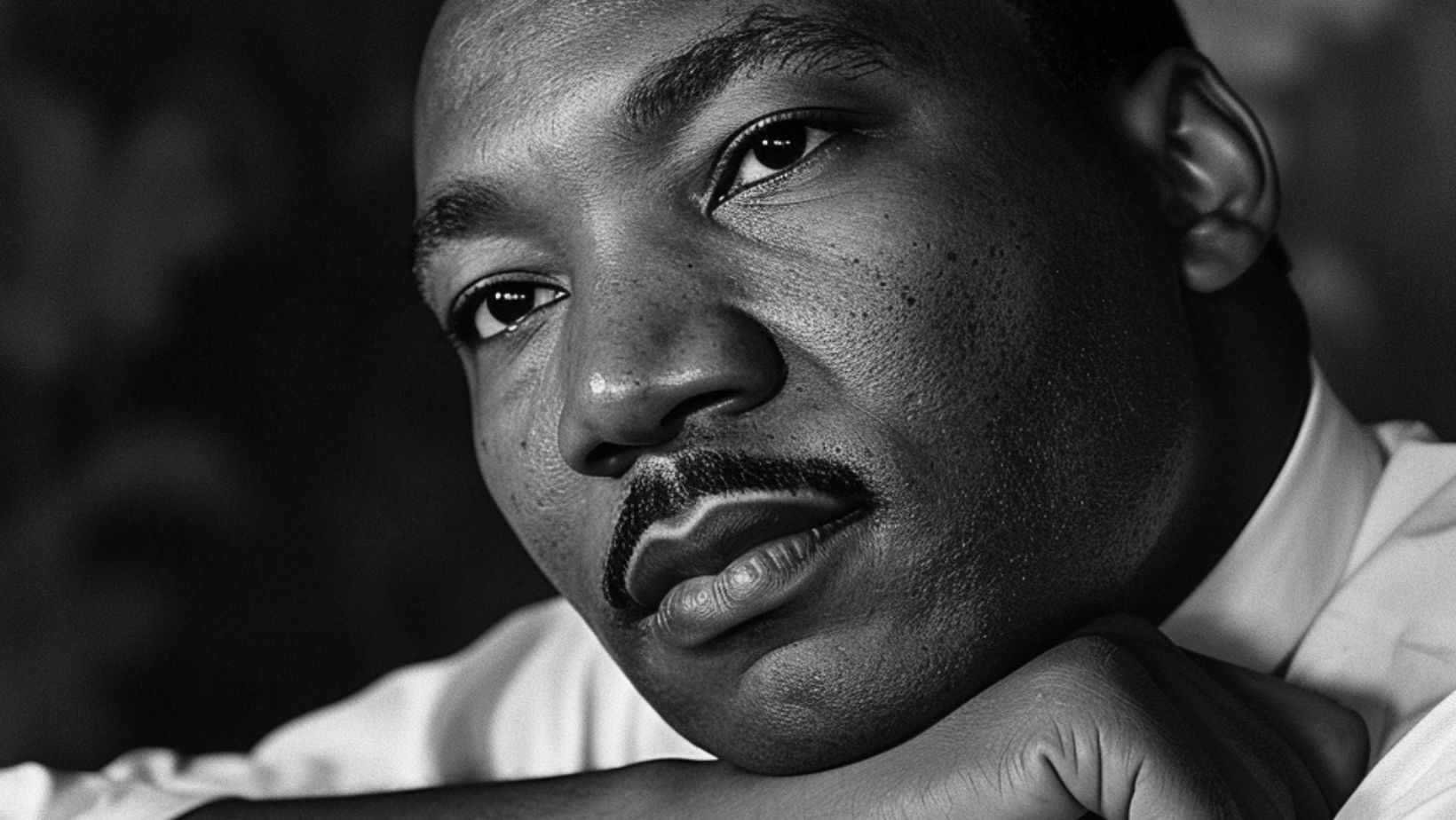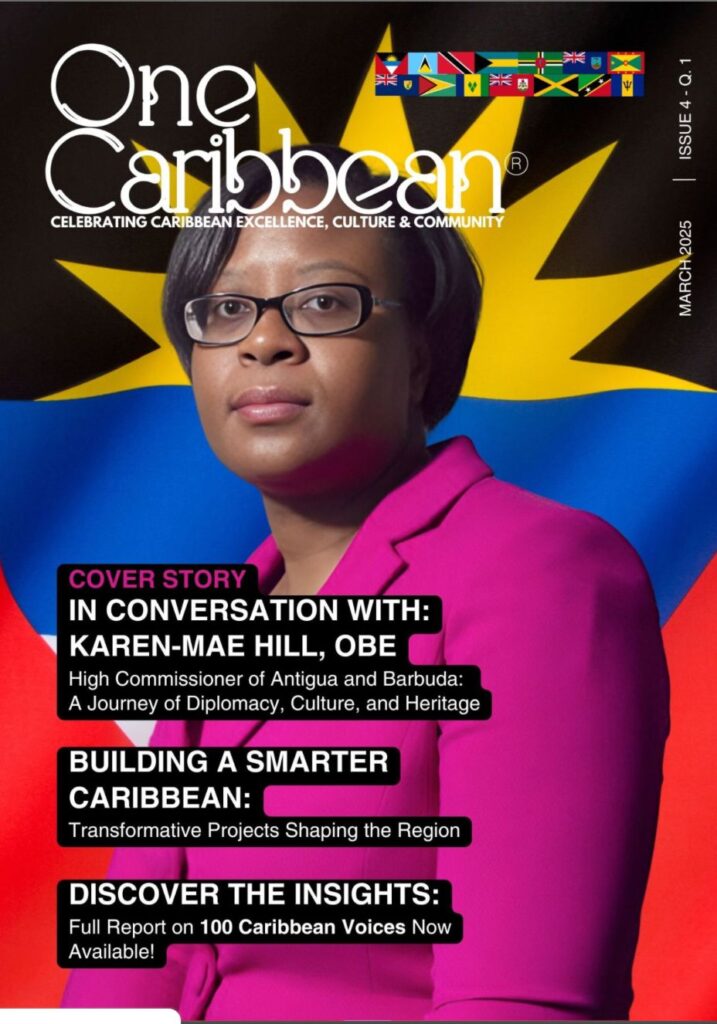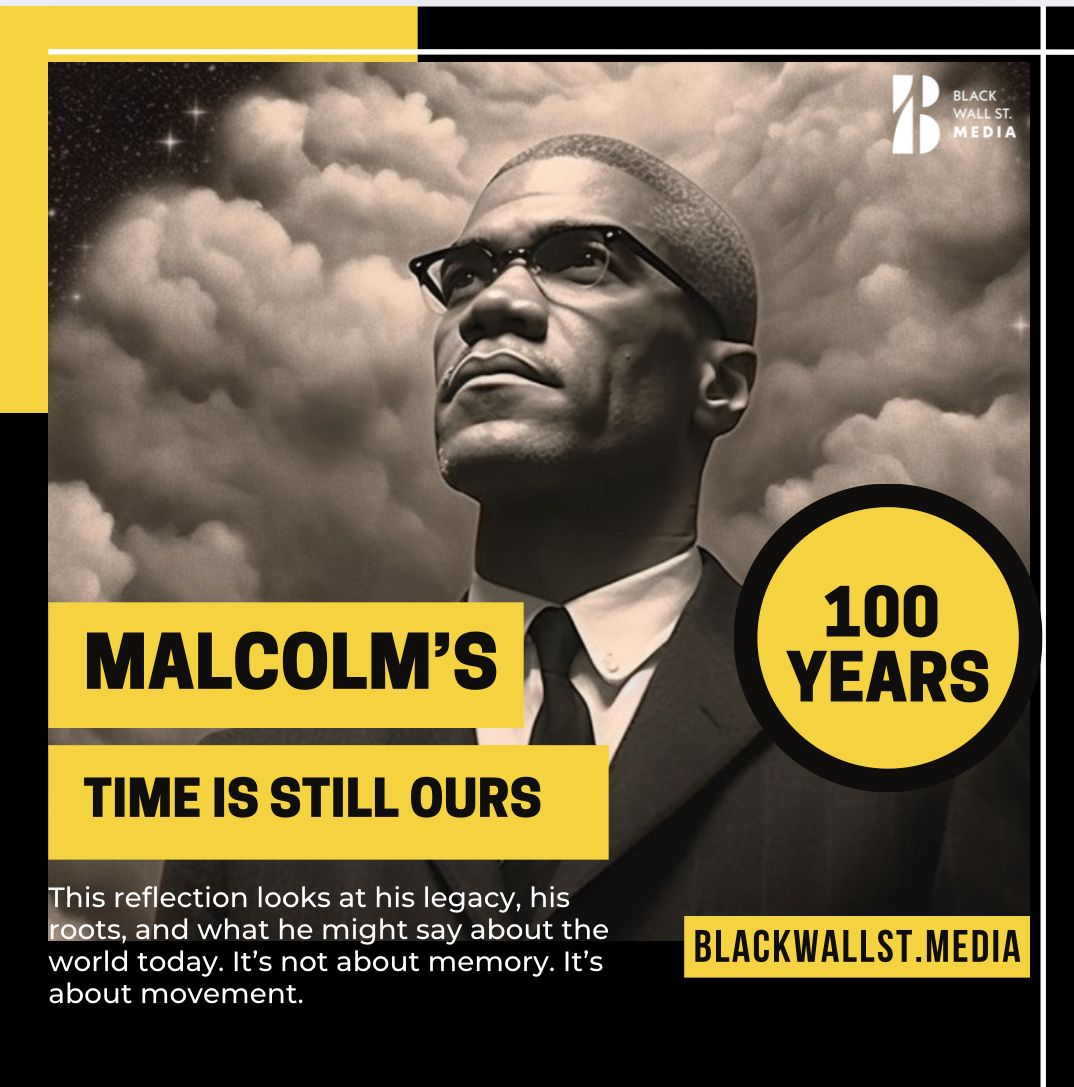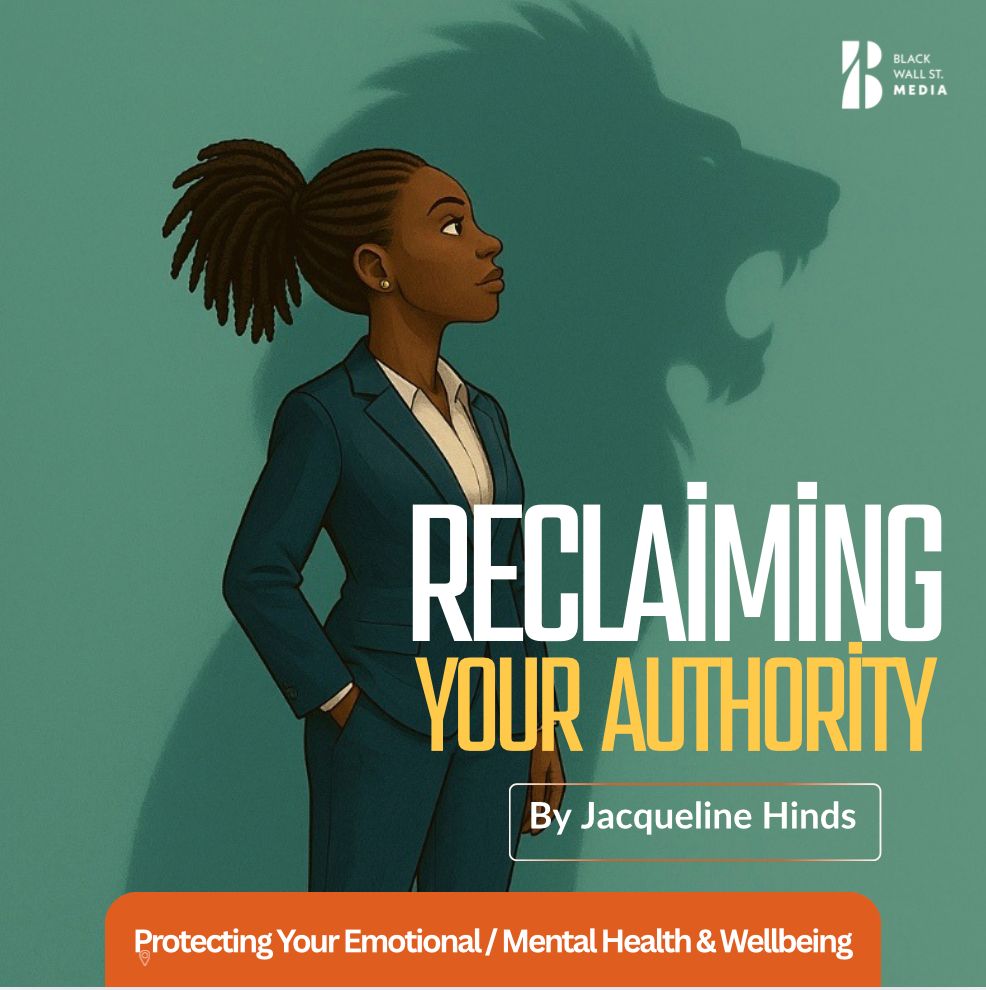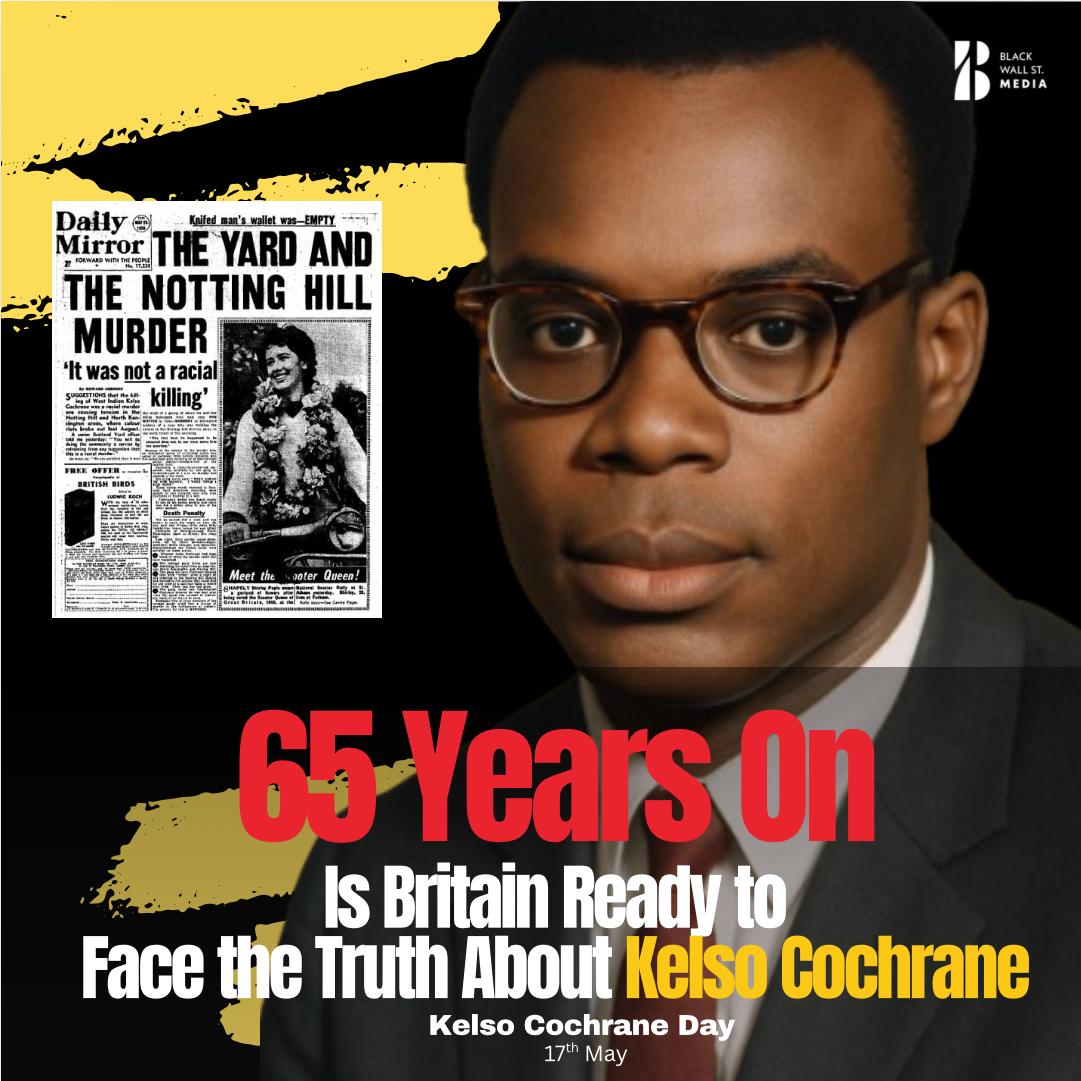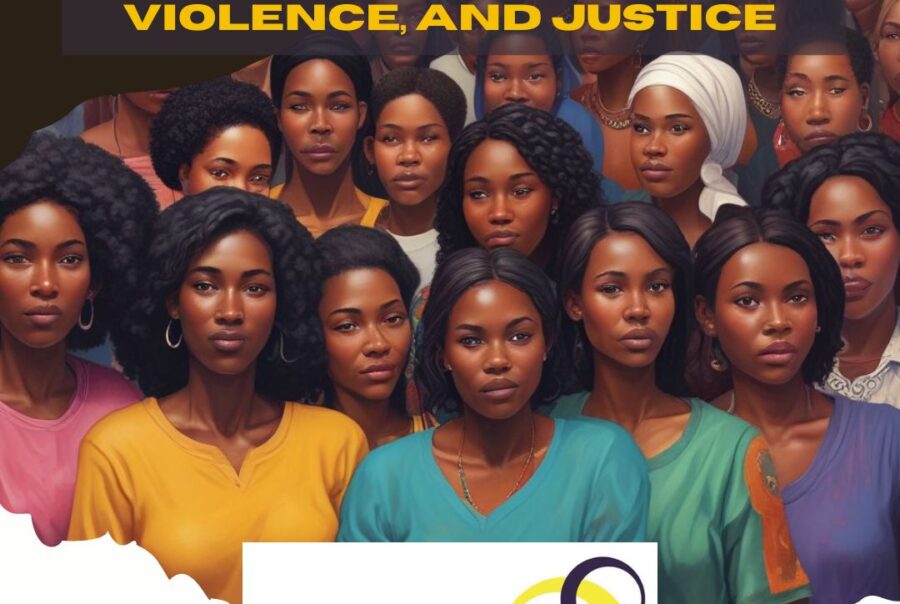HEALTH
Dexter Scott King’s Impact Beyond the Dream
“His legacy goes beyond the dream as we reflect on his courage in the face of prostate cancer. Join us in raising awareness about the importance of early detection, addressing healthcare disparities, and honoring a life dedicated to justice and equality.”
Black Wall St. MediaContributor
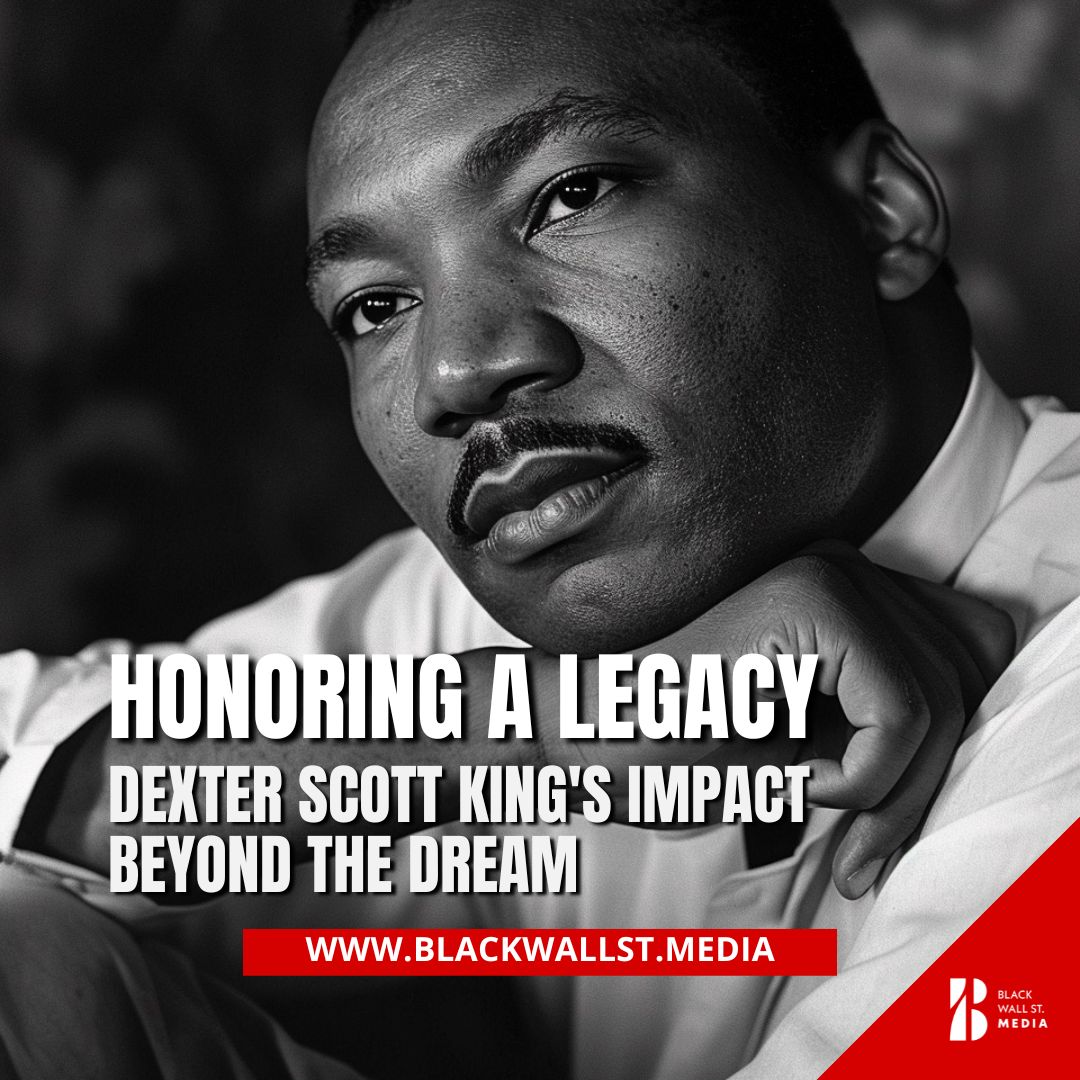
Remembering Dexter Scott King: A Legacy Beyond the Dream
Dexter Scott King, the youngest son of civil rights icons Coretta Scott King and Reverend Martin Luther King, Jr., left an indelible mark on history with his unwavering commitment to justice and equality.
His recent passing at the age of 62, following a courageous battle with prostate cancer, serves as a poignant reminder of the urgency for awareness, early detection, and improved healthcare access, particularly for Black men.
The Battle with Prostate Cancer
In a statement released by The King Center, it was revealed that Dexter Scott King passed away peacefully in his sleep at his Malibu, California home.
The announcement highlighted the prevalence of prostate cancer within the Black community, where 1 in 6 men faces a diagnosis each year, according to statistics from ZeroCancer.org.
Prostate cancer, originating when cells in the prostate gland grow uncontrollably, poses a significant threat to men’s health. Staging varies from localized to regional and distant, impacting critical areas like lymph nodes, surrounding tissues, and even vital organs.
Despite being the second leading cause of death among American men, African American and Caribbean men of African descent face elevated risks, being 1.7 times more likely to develop the disease and 2.1 times more likely to succumb to it.
Disparities in Treatment
Dexter King’s diagnosis at a relatively young age underscores the need for early screenings, a crucial aspect often marred by disparities in treatment.
Research indicates that Black men diagnosed with localized prostate cancer are 27% less likely to receive essential treatments, such as radical prostatectomy, external beam radiation therapy, brachytherapy, or cryotherapy, compared to their white counterparts.
These disparities emphasize the urgency of addressing healthcare inequities and ensuring that all individuals, irrespective of their racial or ethnic background, have equal access to timely and effective treatments.
Screening and Early Detection
Promoting awareness and encouraging regular screenings are essential in the fight against prostate cancer.
The Prostate-Specific Antigen (PSA) test, measuring PSA levels in the blood, serves as a crucial tool for early detection. Elevated PSA levels may indicate the presence of cancer, prompting further investigation and timely intervention.
While the general screening age for prostate cancer is 50, Black men are advised to commence screenings at 45, especially if there’s a family history of the disease.
Those with a father or brother diagnosed before the age of 65 should consider screenings even earlier, starting at 40. Early detection significantly improves the chances of successful treatment and survival.
Symptoms and Vigilance
Understanding potential symptoms is vital for early detection. Warning signs such as blood in urine or semen, back, pelvis, or hip pain, difficulty in achieving or maintaining an erection, and unexplained weight loss should prompt immediate medical attention.
Dexter King’s Legacy and Moving Forward
Dexter Scott King’s legacy extends far beyond his familial ties to civil rights icons. His life and his battle with prostate cancer underscore the ongoing challenges faced by the Black community in the realm of healthcare.
To honor his memory and continue his commitment to justice, it is imperative that we address healthcare disparities, promote awareness, and advocate for equitable access to quality healthcare for all.
As we mourn the loss of Dexter Scott King, let us also stand united in the fight against prostate cancer, ensuring that his legacy becomes a catalyst for positive change in healthcare outcomes for Black men and communities at large.
Black Wall St. MediaContributor

